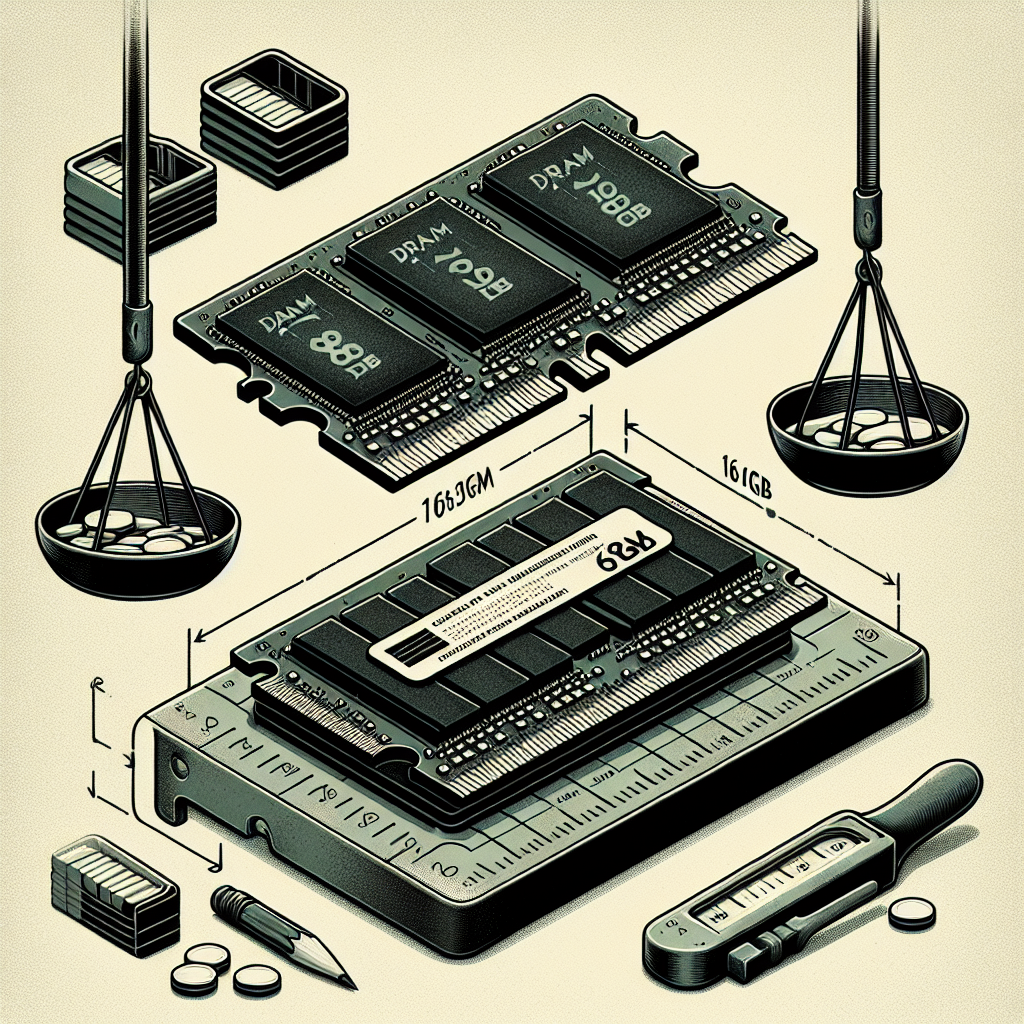Your cart is currently empty!
Comparing 8GB vs 16GB DDR5 RAM: Why More Memory Matters

RAM, or Random Access Memory, is an essential component of any computer system. It is responsible for temporarily storing data that the computer needs to access quickly, such as the operating system, applications, and files. The amount of RAM in a computer can have a significant impact on its performance, with more RAM generally leading to faster and more efficient operation. In this article, we will compare the benefits of 8GB versus 16GB of DDR5 RAM and explain why more memory matters.
First, let’s discuss the difference between 8GB and 16GB of RAM. RAM is measured in gigabytes (GB), with higher numbers indicating more memory capacity. In general, 8GB of RAM is considered the minimum requirement for most modern computers, while 16GB is recommended for more demanding tasks such as gaming, video editing, and graphic design.
One of the primary benefits of having more RAM is improved multitasking capabilities. With 16GB of RAM, you can run multiple applications simultaneously without experiencing significant slowdowns or performance issues. This is especially important for users who frequently switch between programs or work with large files that require a lot of memory.
Additionally, having more RAM can lead to faster load times and smoother performance in demanding applications. For example, games with high-resolution graphics and detailed textures can benefit from having 16GB of RAM, as it allows the game to load assets more quickly and run more smoothly.
Another important factor to consider when comparing 8GB versus 16GB of RAM is future-proofing. As software and applications become more resource-intensive over time, having more RAM can help ensure that your computer remains capable of handling the latest technology and updates. Investing in 16GB of RAM now can help extend the lifespan of your computer and delay the need for an upgrade in the future.
In conclusion, the amount of RAM in a computer can have a significant impact on its performance, with more memory generally leading to faster and more efficient operation. While 8GB of RAM is sufficient for basic tasks, 16GB is recommended for users who engage in more demanding activities such as gaming, video editing, and graphic design. By investing in more RAM, you can improve multitasking capabilities, enhance performance in demanding applications, and future-proof your computer for years to come.

Leave a Reply